Why do you need a chess coach?
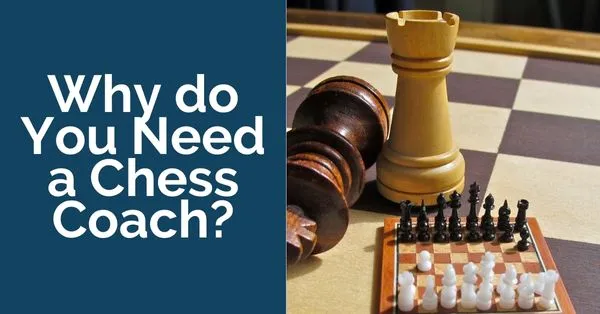
It is easy to start playing chess. There are not many rules to learn, and everything seems logical. A beginner can enjoy the game once they find out how the pieces move. It gets even more exciting when you start learning different tactics and strategies. That is when you start seeing the true beauty of the game. Players from all over the world try to improve at chess and understand it better. The game is so deep and complicated that even computers can’t play it perfectly. Still, with some effort, people get better at it and keep looking for further progress.
At some point, it gets hard to improve. You can do the things you did before but see no positive change. Many people stay on the same level for years, and some even lose hope of ever playing better. Such people think they have hit their plateau. It is not a pleasant feeling, and it can get even worse when other people around keep improving. That is when players start comparing themselves to others and try to find what could be done to overcome the stagnation.
In such situations, people usually recommend hiring a chess coach. It is a big step for everyone, and there are many things to consider before going for it. From this article, you will learn what you could expect from a chess coach, what they do, and how self-studying is different from working with a coach.
What do chess coaches do? Part #1
Every chess coach may have their own ways and methods of working with the students. Overall, it is about making you better at certain aspects of chess. Here are some of the general things that coaches do:
- Analyze your games. Going over your games with a coach can give you many insights. They can point out the mistakes you didn’t notice and suggest how to approach the game to avoid making them in the future. Moreover, by analyzing your games, a coach can identify your strengths and weaknesses; recognize certain patterns in your play. It can help them build a more personalized study plan for future lessons.
- Improve your tactical vision and calculation skills. You can train tactics on your own by solving lots of puzzles, but the calculation skill will most likely require some help from a coach. They could teach you useful techniques and optimize your thought process.
- Help you build an opening repertoire. There are many excellent books and courses from which you can learn openings. Still, a coach can ensure you understand an opening well and suggest the lines that could fit your style the best.
- Give you positional and strategic understanding. It is a common issue among self-studying players. On your own, it is easier to improve tactics than strategy, and a chess coach could fill this gap for you.
Part #2
- Improve your endgame play. You can read the famous Dvoretsky’s Endgame Manual on your own. But will you be able to turn all that knowledge into a skill? A chess coach would make sure you absorb everything you need to know about endgames.
- Teach you to be practical. A chess coach can share their experience and teach you certain tricks that could improve your practical results. It can be not only about choosing better moves on the board but also the psychological or preparation-related things.
- Make a training plan for you. A chess coach can help you come up with a training plan, keep you accountable, and motivate you if needed.
- Suggest chess books and tools. You can ask your coach what books or courses would be more suitable for your level and help you the most. A good coach should encourage you to work on your own in addition to the lessons.
- Give you homework. Not all the coaches supplement their lessons with homework, but it is great if they let you reinforce the newly acquired knowledge like that.
You can find a coach to focus on something specific that you want to learn or ask them to identify what is the best for you to work on according to their judgment.
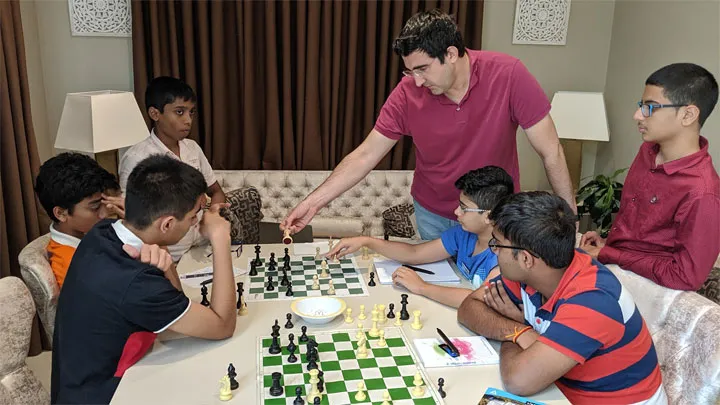
Vladimir Kramnik passing on his knowledge to young Indian talents.
Can a chess coach teach you something you would not learn on your own?
There are many things in chess that you can get better at without a coach. You can solve puzzles, read books, watch videos or courses; play games, and analyze them with an engine. If you train properly, you will improve. It takes time to make it noticeable, so don’t get frustrated and keep working.
On the other hand, with a coach, the same progress would probably happen faster. They would fill the gaps in your chess education, adjust training material for your needs, and answer all of your questions.
Moreover, often we have a weakness that holds us back, but we can’t realize that by ourselves: we need an outside perspective. An experienced chess coach can immediately spot things you could miss even after a thorough analysis with an engine.
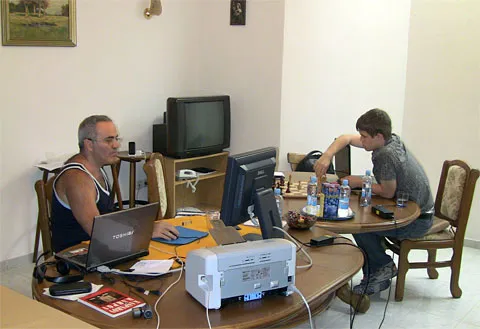
Garry Kasparov coaches Magnus Carlsen, 2009.
Do you hire them only when you can’t improve by yourself?
That is logical to try to improve on your own as much as possible first and hire a coach only after you get stuck. But there are two issues with this approach. First, do you train effectively? Often people invest a lot of time and effort into studying but don’t see any progress. The reason is they don’t work on chess properly. In this case, it makes sense to hire a coach to at least get an idea of how one can study chess better.
To understand the second possible issue, let’s imagine that you have a book on endgames that you think will boost your chess. This book can indeed give you a lot, but it is also possible that your main weakness is poor tactical vision. A good coach can identify that and prioritize this direction of work. Later, with the improved tactical vision, you would get more out of that endgame book as well.
It is fair to say that a coach saves your time and makes the improvement more probable. Why more probable but not 100% guaranteed? Because a lot would still depend on your effort.
You hired a coach. Should you still work on your own?
Absolutely! One of the biggest mistakes one could make is to rely entirely on a coach and stop being curious about chess on their own. You can analyze different games, read books and articles, watch YouTube videos or courses, go over various courses, solve puzzles, etc. Ask your coach to give you recommendations on how to work on your own more effectively. Together, you can even build a training plan for a certain period. It can look like a schedule; for example, you can decide to work on openings on Mondays, devote Thursdays to endgames, solve puzzles every day, etc. It should be structured, personalized, and comfortable for you. Don’t get frustrated if you can’t follow a training plan. For some people, it is easier to work on chess only when they feel inspired to do that. It is okay either way.
Set up goals
To get the most out of the training, you should have goals. That will motivate you to put more effort and help your coach personalize the lessons. The aim can be different: winning a national championship, getting better at chess than your neighbor, crossing 1500 at rapid online, etc. Once you know your expectations from chess, it will be easier to see if you need a coach and how much you are ready to invest in that.
Conclusion
We discussed how beneficial working with a chess coach could be. Hopefully, it made it clear for you if that is something you should go for or not. If you decide to hire a coach, you will need to find a good one. You can look for a coach on popular chess websites or ask your friends for recommendations. Keep in mind that it doesn’t have to be the best coach in the world; it has to be someone who is the best for you.
Want to know more about chess coaches? Look at 10 Things to Look Out for When Hiring One as well as 5 Things for Becoming a Better Chess Player without Them.
We also recommend reviewing 7 Friendly Pieces of Chess Advice You Should Never Take.
Credits:
Images are taken from ChessBase.



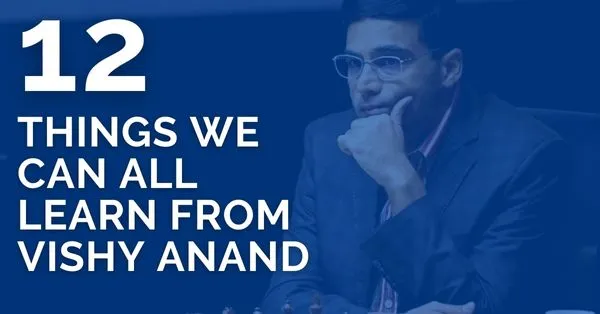
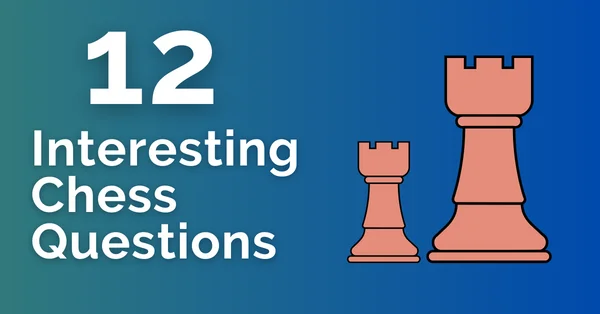
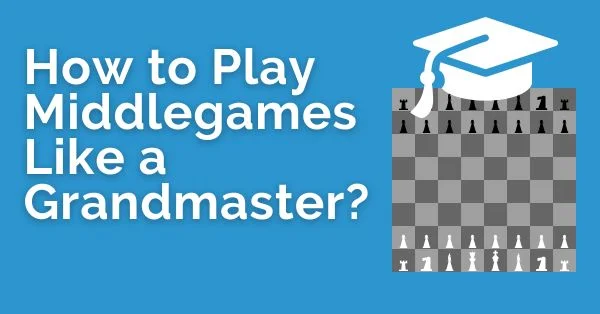




Comments: